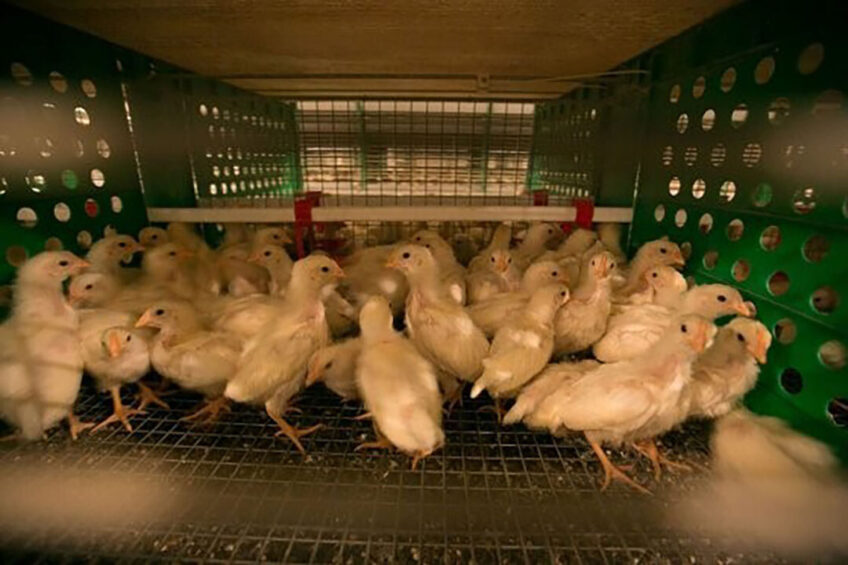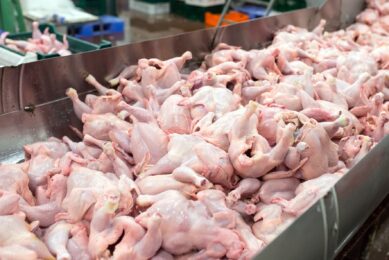Russian poultry industry sets ambitious targets for 2023

Russia hopes to see a further rise in broiler meat and eggs production in 2023 as well as a growing independence of the supply chain from imported components, Vladimir Fisinin, president of the Russian poultry union, Rosptitsesoyuz, told local news outlet Veterinary and Life.
In 2022, Russia manufactured 5.2 million tonnes of broiler meat in slaughter weight, 5.2% up compared with the previous year. Egg production climbed by 2.8% or 1 billion units to 45.8 billion units last year, Fisinin disclosed.
Russia was ranked the world’s 4th largest poultry meat producer and 7th biggest egg producer in 2022, Fisinin said.
Heading towards independence
The key issues for the Russian poultry industry are effectiveness and product safety. In light of this, one of the critical targets for 2023 is a partial replacement of imported vaccines, Fisinin said, adding that the Russian agricultural ministry and the veterinary watchdog, Rosselhoznadzor, should lead work in this field.
Russia strongly depends on imported veterinary vaccines. In 2022, several market players voiced concerns about the huge losses the industry could suffer if supplies were disrupted by sanctions.
Another crucial goal is to mitigate the dependence on imported breeding products, Fisinin stated. In 2022, some positive achievements in this area were seen, as in the first 9 months of the year, supplies of hatching eggs dropped by 34% and day-old chicks by 53% against the same period of the previous year, Fisinin estimated, emphasising the importance of these dynamics.
Currently, there are 60 hatcheries manufacturing hatching eggs running in Russia, he added.
Smena-9 becomes real
In the breeding segment, the Russian broiler meat industry lays its hopes on the first Russian crossbreed, Smena-9, which scientists have been working on for several years. Fisinin said that the breeding farm Smena with the parent flock of the new crossbreed is scheduled to begin operation in March of 2023. The Russian government has allocated 4.5 billion roubles (US$70 million) to support this project, Fisinin said.
“Our target is by 2025 to take the share of the domestic crossbreed in the Russian broiler meat production to 15%,” Fisinin said.
Export growth is promised
In addition, Fisinin said, Russian poultry farmers expect to see further growth in poultry meat and egg exports in 2022. In 2022, Russia exported 336,000 tonnes of poultry meat, 24% more than during the previous year, the Russian Agricultural Ministry said in a statement on December 23.
 Beheer
Beheer











 WP Admin
WP Admin  Bewerk bericht
Bewerk bericht